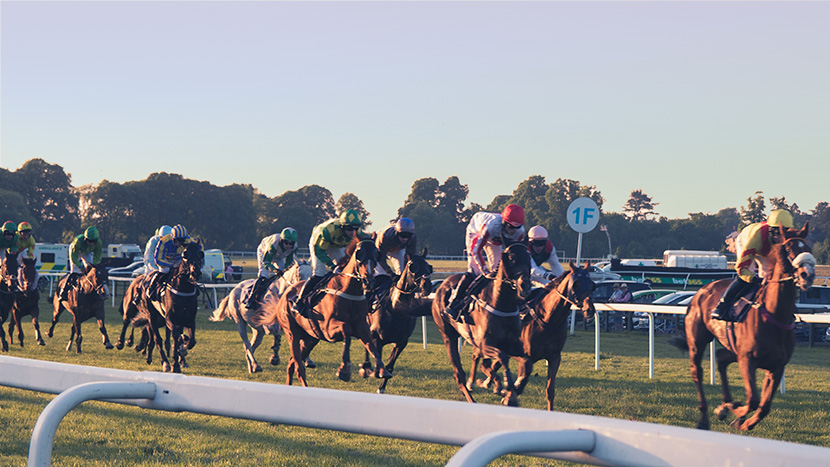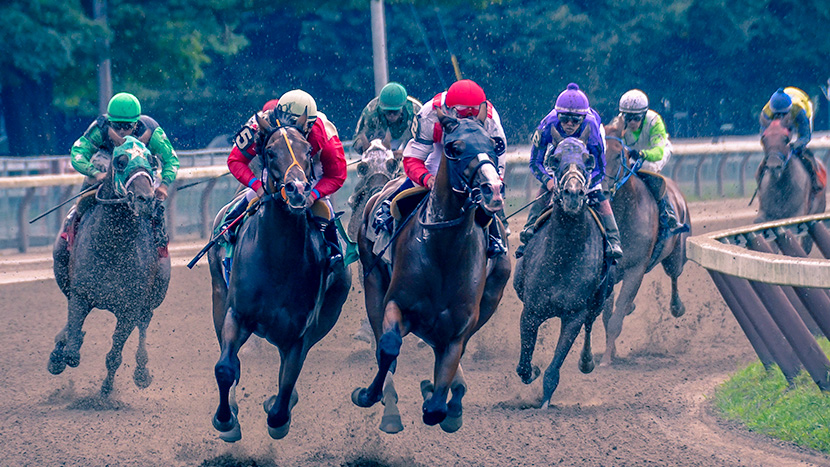Can Scientists Predict The Winner Of a Horse Race
Horse racing is one of the most popular sports when it comes to betting, and bettors have always looked for a way to predict the outcome of a race. From using data to handicapping and deep analysis, there still isn’t an accurate way to predict which horse will win the race.
So, what if we use science to base our predictions? After all, the top 10 fastest horse breeds in the world should have certain physical characteristics that give them an edge over other participants in the race, right?
Well, in today’s article we will look into horse racing science and find out more about what makes horses good for running and can scientists predict the winner of a horse race.

What Makes a Horse Good For Races?
According to the Equine Science center at Rutgers University, horses have evolved several physiological features that make them ideal for running and winning races.
For instance, horses can only breathe through their nostrils, which are situated on the sides of their snouts. Over the years horses have adapted these genetics that helps them on the race track by preventing kicked-up dust and dirt from entering their lungs if they run with their mouths open.
Scientists have managed to find what they refer to as a ‘natural blood doper’ which is a huge spleen that stores a blood supply very rich in red blood cells in some of the best racehorses on the planet.
It is a spleen that is common only in some of the most elite horses making them stand out from others in the competition. Normal horses have around 35-40% of oxygen-carrying red blood cells, but champions with huge spleen have a whopping 80% red blood cells.
When horses start to gallop, the surrounding muscles clamp down on the spleen and squeeze all that extra blood into the circulation system. This makes particular horses faster than others.
Additionally, it is worth noting that horses are heavy breathers, and inhaling all the oxygen in a horse race is not a simple task. On top of that, horses can only inhale while striding their front legs forward. This means that horses that move their legs faster due to the higher blood circulation and muscle build can also breathe easier.
Can Scientists Predict The Winner of a Horse Race?
There are definitely some attributes that make horses better for running than others. However, their abilities and physical build isn’t the only thing that can affect the outcome of a race. For example, scientists have found out that horses that are coasting along behind the front horses which are battling wind resistance have more energy for the final dash.
Genetics also plays a very important role, which is why horse breeds from champions have a higher price than others. Naturally, if a horse has extraordinary abilities and muscle build, there is a good chance that other generations of that horse will inherit some of those abilities as well.
So, even though scientists can find the horse that has the best chance of winning the race based on his physical abilities, there are still many other factors to consider that can impact the outcome of a race.
On top of that, running such tests and finding out the abilities of the horse requires a lot of time and effort. Additionally, all the participants should be willing to participate and allow scientists to run tests on the horses before the race.
So, theoretically, scientists can have some idea about each horse’s abilities based on different factors, but they cannot know for certain if that particular horse will win the race.
This means that the best chance for predicting the winner of a horse race is still the data that you analyze before every race. Your goal should be to find a pattern that compares the horse’s abilities, past records, and pace and possibly come up with a solution for a winning horse.

































































































